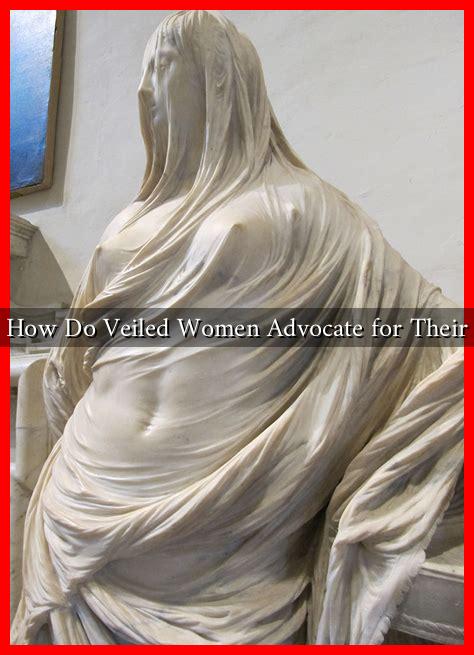-
Table of Contents
How Do Veiled Women Advocate for Their Rights?
In many cultures, veiled women often face stereotypes and misconceptions that can overshadow their voices and contributions to society. However, these women are increasingly finding ways to advocate for their rights and challenge societal norms. This article explores the various methods through which veiled women assert their rights, the challenges they face, and the impact of their advocacy on broader societal change.
The Power of Representation
Representation plays a crucial role in advocacy. Veiled women are increasingly taking on leadership roles in various sectors, including politics, education, and social activism. Their visibility helps to challenge stereotypes and promote a more nuanced understanding of their identities.
- Political Engagement: Many veiled women are entering politics, advocating for policies that address issues such as gender equality, education, and healthcare. For instance, in Tunisia, women have played a significant role in the post-revolution government, with many wearing the hijab while serving in parliament.
- Community Leadership: Local organizations led by veiled women are emerging, focusing on community development and social justice. These leaders often use their platforms to address issues like domestic violence and access to education.
- Media Representation: Veiled women are increasingly represented in media, challenging the narrative that often portrays them as oppressed. Documentaries and social media campaigns highlight their stories and achievements.
Utilizing Social Media for Advocacy
Social media has become a powerful tool for veiled women to share their experiences and advocate for their rights. Platforms like Twitter, Instagram, and Facebook allow them to connect with a global audience, share their stories, and mobilize support.
- Hashtag Movements: Campaigns such as #MuslimWomenSpeak and #HijabDay have gained traction, allowing veiled women to share their narratives and challenge stereotypes.
- Online Communities: Social media has facilitated the creation of online communities where veiled women can share resources, support each other, and organize advocacy efforts.
- Influencer Advocacy: Many veiled women have become influencers, using their platforms to raise awareness about issues affecting their communities, such as Islamophobia and gender discrimination.
Education as a Tool for Empowerment
Education is a fundamental aspect of advocacy for veiled women. By pursuing higher education and professional development, they are better equipped to advocate for their rights and the rights of others.
- Access to Education: Organizations like Girls Not Brides work to ensure that girls, including those who wear the veil, have access to education, which is crucial for empowerment.
- Scholarships and Programs: Many universities offer scholarships specifically for Muslim women, encouraging them to pursue fields where they can make a significant impact.
- Mentorship Programs: Initiatives that connect young veiled women with mentors in various fields help to inspire and guide them in their advocacy efforts.
Challenges Faced by Veiled Women in Advocacy
Despite their efforts, veiled women face numerous challenges in their advocacy work. These challenges can hinder their ability to effect change and assert their rights.
- Discrimination: Veiled women often encounter discrimination in various forms, including workplace bias and social exclusion, which can limit their opportunities for advocacy.
- Stereotyping: Misconceptions about veiled women can lead to their voices being marginalized, making it difficult for them to be taken seriously in discussions about their rights.
- Legal Barriers: In some countries, laws restrict the rights of veiled women, impacting their ability to participate fully in society and advocate for change.
Conclusion
Veiled women are increasingly taking charge of their narratives and advocating for their rights through various means, including political engagement, social media activism, and education. While they face significant challenges, their resilience and determination are paving the way for greater representation and understanding. As society continues to evolve, the voices of veiled women will undoubtedly play a crucial role in shaping discussions around gender equality and social justice.
In summary, the advocacy efforts of veiled women not only challenge stereotypes but also contribute to a more inclusive society. By supporting their initiatives and amplifying their voices, we can work towards a world where all women, regardless of their attire, can advocate for their rights and be heard.

